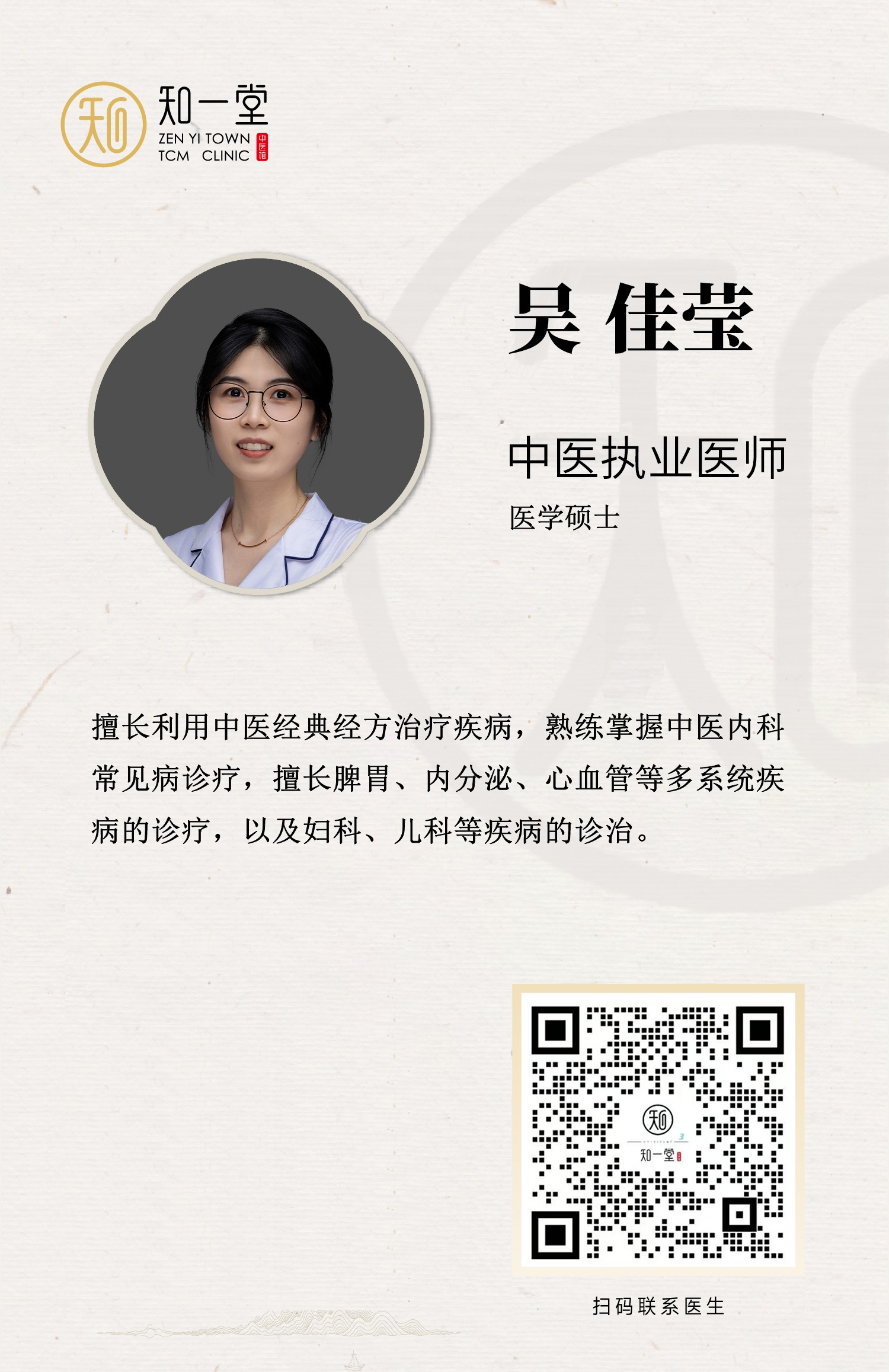1、 The core position of spleen and stomach in traditional Chinese medicine theory
Traditional Chinese medicine refers to the spleen and stomach as the "foundation of postnatal develop
ment" and the "source of qi, blood, and biochemistry", believing that they are the processing plants for
energy metabolism in the human body.
The spleen is responsible for digestion and transformation: digesting food, transforming nutrients into
qi and blood, and transporting them throughout the body.
Stomach master reception: receives and accommodates food and drink, and initially digests it to form
chyme.
2、 Common manifestations of spleen and stomach disorders
1. Spleen deficiency syndrome (common)
Digestive symptoms: loss of appetite, or hunger and unwillingness to eat, unable to eat even if you wan
t to; Loose and unformed stool, constipation, or stool sticking to the toilet.
Qi and blood deficiency: pale complexion or yellowish palm color, fatigue, not talking much, wanting to
lie down after work every day, not moving much.
Damp and turbid internal stagnation: thick and greasy tongue coating, heavy limbs
Female menstruation: low volume, light color, or prolonged menstrual cycle.
2. Stomach problems
Stomach heat: recurrent oral ulcers, gum swelling and pain, good appetite, eating more quickly; Liver st
omach qi stagnation: bloating in the epigastric region, unwillingness to eat, or feeling full after eating,
with more obvious bloating after a full meal. It may also be accompanied by chest tightness, fullness in
both sides, heartburn and acid reflux symptoms, aggravated emotional fluctuations, and relieved symp
toms after hiccups and gas discharge.
3、 Daily regulation of spleen and stomach
1. Dietary regulation
Suitable for light, warm, and easily digestible foods: eat more foods that strengthen the spleen and inv
igorate qi, such as yam, lotus seeds, water chestnuts, and white beans. Classic Tonic Diet: Sishen soup
(yam, lotus seed, gorgon, poria cocos)
Strengthening the spleen and dispelling dampness, ginger jujube tea warms the middle and disperses
coldness.
Avoid raw and cold drinks: Drink less cold drinks, eat less ice cream, eat less raw fruits and vegetables.
Wild vegetables are in season in spring. Avoid excessive consumption.
Avoid fatty, sweet and greasy foods: Reduce fried and sweet foods to avoid increasing the burden on t
he spleen and stomach, and making dampness and turbidity more abundant.
Regular eating: timed and quantitative, avoiding overeating or irregular hunger and fullness.
2. Daily routine and exercise
Avoid prolonged sitting and lying down: Prolonged sitting can damage the spleen. Take gentle exercise
s such as walking, Eight Section Brocade, and Tai Chi to promote spleen and stomach circulation.
3. Emotional regulation
Reduce overthinking: Traditional Chinese medicine believes that overthinking can damage the spleen,
and excessive overthinking can wear down the temperament. It can be relieved by moderate exercise a
nd deep breathing to relieve stress.
Maintain emotional comfort: Liver depression can easily overcome spleen and soil, avoiding long-term
anxiety and depression.
4. Acupoint Health Care (3-5 minutes of daily morning, afternoon, and evening compressions)
Zusanli: Three inches below the outer knee (according to the bone degree measurement method, the f
our fingers are close together, and the width from the index finger to the little finger is about three inc
hes), the key point for strengthening the spleen.
Zhongwan acupoint: four inches above the navel.
